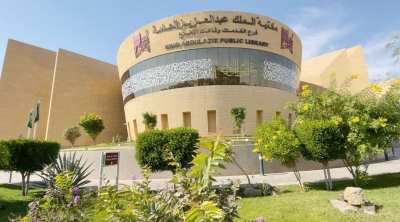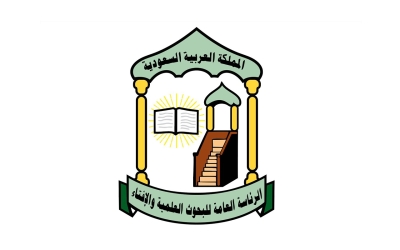
The Kingdom of Saudi Arabia Project for Utilization of Hady and Adahi, referred to as Adahi, is a project launched by Saudi Arabia's government in 1983 to regulate Adahi and Hady. It aims to utilize the meats of these sacrifices through the Islamic Development Bank (IsDB), overseen by a committee formed from several relevant governmental entities to ensure its optimal practices and procedures.
Services of Saudi Arabia Project for Utilization of Hady and Adahi
Saudi Arabia Project for Utilization of Hady and Adahi allows leveraging its services by assigning it to purchase, slaughter, and deliver the sacrifice to those in need. This can be done by visiting its official website and paying for Adahi using the Mada payment service and other available banking channels.
Through the project's official website, various types of livestock are displayed, along with the value of each, allowing customers to choose based on their preferences in terms of type and cost. At the end of the page, the complete report of the order and its details appear.
Saudi Arabia Project for Utilization of Hady and Adahi aims to assist those wishing to carry out the Hady and Adahi by acting on their behalf. It also works on distributing the meat to the people in need in the Grand Mosque and sending the surplus to over twenty-seven countries.
Countries benefiting from Saudi Arabia Project for Utilization of Hady and Adahi
Countries benefiting from the meat of Hady, which is slaughtered through Saudi Arabia Project for Utilization of Hady and Adahi, include: Lebanon, Syria, Iraq, Azerbaijan, Sierra Leone, Liberia, Ghana, Mauritania, Burkina Faso, Mali, Niger, Gambia, Guinea-Bissau, Guinea Conakry, Senegal, Mozambique, Comoros, Tanzania, Pakistan, Chad, Sudan, Djibouti, Jordan, Palestine, Bangladesh, among others.
The project utilizes eight slaughterhouses; one of them is for camels and cattle, and four are for sheep. Those who wish to purchase bonds designated for Adahi at the entrances of these slaughterhouses can buy the number they desire and perform their nusuk personally or under their supervision. Meanwhile, the project manages the cleaning, preparation, freezing, packaging, and distribution processes.
Among the slaughterhouses of the project are three slaughterhouses that are closed to the general public. In these facilities, Hady and Adahi are carried out through delegation. The person offering the sacrifice buys his bonds from designated sales outlets, and the project is executed on their behalf. They are also informed about the details through the contact information they provide.
Available purchase channels through Saudi Arabia Project for Utilization of Hady and Adahi
Saudi Arabia Project for Utilization of Hady and Adahi provides several channels for purchasing the bonds associated with Hady and Adahi. The most prominent among them is its mobile application for smartphones, in addition to its official website. Purchases can also be made through the electronic Masar system of the Ministry of Hajj and Umrah, the Saudi Post website, the Saudi Telecommunication Company (STC), the Ehsan platform, the Hadiyah charity association for Hajj and Umrah, as well as bond sales outlets in the Holy Sites and central areas surrounding the Two Holy Mosques.
Adahi project's capacity is estimated at 1.5 million sheep, in addition to ten thousand camels and cattle. The oversight is managed by delegates approved by the project for distribution tasks, in collaboration with the embassies of Saudi Arabia in the beneficiary countries.
Related quizzes

